Can NRIs or Gulf-Based Entrepreneurs Start a Multi-State Cooperative Society in India?
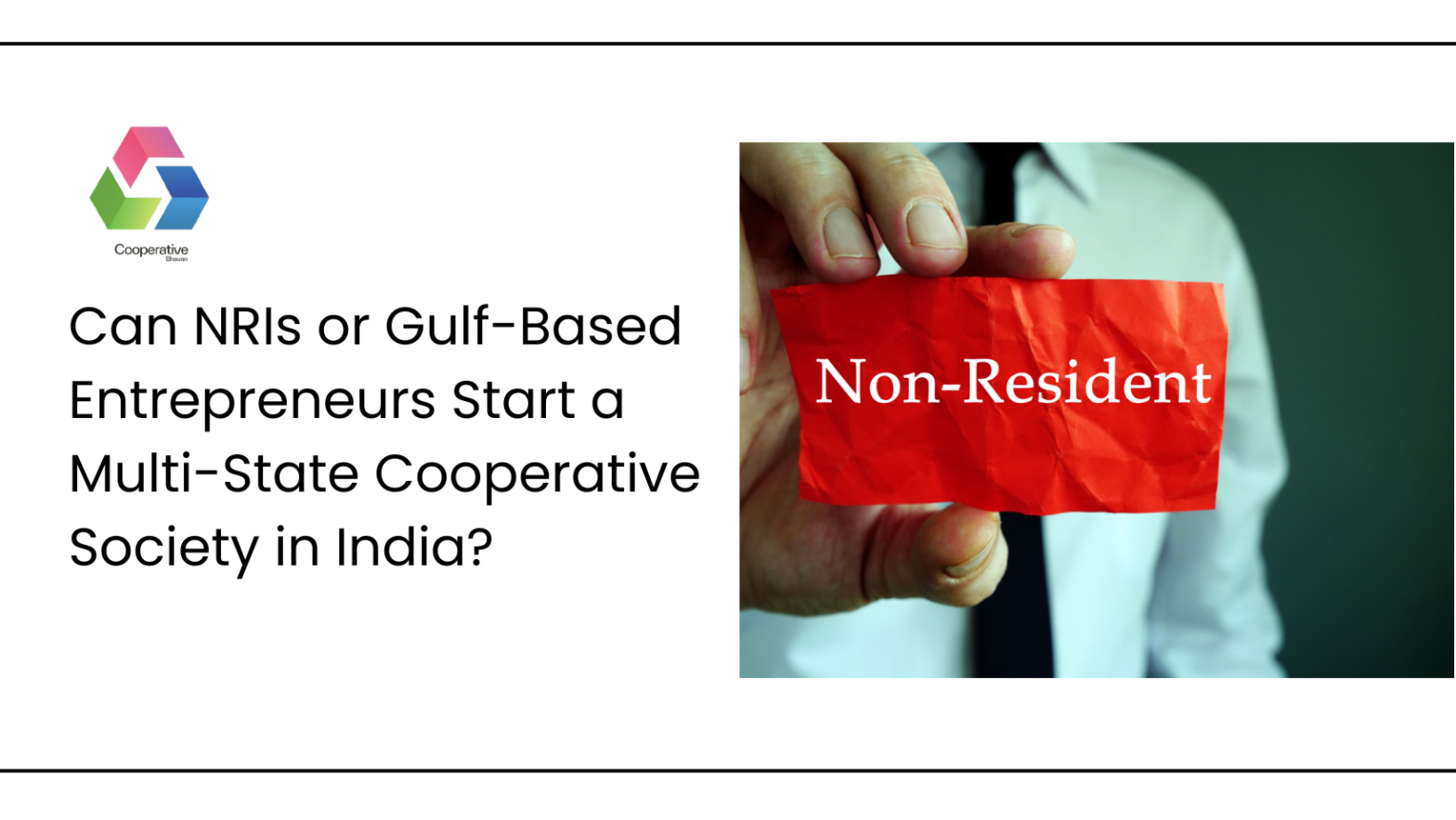
If you’re an NRI—especially from Kerala—and have spent years working in the Gulf, you’ve likely thought about investing back home. Maybe you’ve dreamed of starting a business with purpose. One that doesn’t just generate income, but creates local jobs, supports communities, and makes a long-term impact.
But here’s the thing most NRIs are now discovering:
A Multi-State Cooperative Society (MSCS) is one of the smartest, legally compliant, and socially impactful ways to do just that.
And yes—Gulf-based entrepreneurs and NRIs can absolutely start a multi-state cooperative society in India, even while living abroad. But to make it work, you’ll need to understand the legal structure, planning process, and most importantly, how to align with Indian cooperative laws.
In this detailed article, we’ll break down:
- How NRIs can register a Multi-State Cooperative Society
- Why Kerala is uniquely positioned for this movement
- The role of Cooperative Bhavan and MSCS project builders in Kerala
- Key steps, compliance issues, and real-life examples
Whether you’re in Dubai, Doha, or Dammam—if you want to give back to India in a structured, scalable way, this guide is for you.
Why NRIs Are Now Exploring Cooperative Models in India
Thousands of Keralites working in the Gulf have saved diligently over the years. But investing back home isn’t always easy. Real estate can be volatile. Traditional business ventures need active local management. And not everyone wants to go solo.
That’s where the multi-state cooperative model comes in.
Here’s why it’s attractive for NRIs:
- ✅ Community-driven: You can collaborate with friends, relatives, or investors from Kerala and other states.
- ✅ Legally recognised: Registered under the Multi-State Cooperative Societies Act, 2002 & 2025
- ✅ Tax-efficient and transparent: Regular audits, democratic management
- ✅ Ideal for NRIs: You can appoint resident directors or managing committee members in India
- ✅ Sector agnostic: Suitable for agriculture, education, housing, healthcare, finance, exports, etc.
For example, a group of Kerala-based NRIs in Abu Dhabi recently initiated a multi-state cooperative for eco-tourism and homestays targeting Kerala and Karnataka. The idea was to empower local communities while giving returning NRIs a business stake.
What is a Multi-State Cooperative Society (MSCS)?
A Multi-State Cooperative Society is a registered legal entity that:
- Works across two or more Indian states
- Has at least 55 individual members from different states
- Operates democratically (one member, one vote)
- Shares profits equitably among members
- Is governed by the MSCS Act, 2002
This model is ideal for:
- Agro-based collectives
- NRI-driven housing societies
- Export & import co-ops
- Health and wellness cooperatives
- Rural fintech or microcredit groups
Why Kerala is Ideal for NRI-Initiated Cooperatives
Kerala has the highest NRI remittance inflows in India, with most of it coming from the Gulf. But more importantly:
- Keralites have a rich tradition of cooperative success
- Strong local governance makes execution easier
- Many rural regions still lack access to quality services—creating business opportunities
- Language, culture, and skilled workforce make it easy for NRIs to reconnect with roots
Cooperative Bhavan, based in Kochi, Kerala, has helped several Gulf-based NRIs form multi-state societies with a Kerala base and pan-India reach. From agri-export ventures to cooperative hospitals—the possibilities are endless when guided properly.
Can an NRI Become a Member or Promoter?
Yes—but with some conditions.
✔ NRIs Can:
- Initiate the idea and provide capital
- Appoint resident members or representatives to manage Indian operations
- Be a founding member, provided they have a valid Indian address and PAN
- Fund or support operations as non-voting contributors, if not permanent Indian residents
❌ NRIs Cannot:
- Be sole operators (minimum 50 Indian members are required)
- Handle cash transactions locally without RBI/FEMA compliance
- Act as Managing Committee heads without Indian residence
📌 In most successful cases, NRIs collaborate with trusted locals, while their cooperative is officially registered and managed from India. A professional MSCS consultant like Cooperative Bhavan bridges this gap.
Step-by-Step: How NRIs Can Register a Multi-State Cooperative Society in India
Here’s a simplified flow, assuming you’re an NRI or Gulf-based entrepreneur:
1. Ideation & Planning
Identify:
- Sector (e.g., dairy, tourism, education)
- States of operation
- Mission and value proposition
2. Local Team Formation
Find at least 50 Indian members from two or more states. Many NRIs rope in relatives, ex-colleagues, or existing business contacts.
3. Consult a MSCS Project Builder in Kerala
Agencies like Cooperative Bhavan help with:
- Feasibility study
- Drafting bye-laws
- Business plan preparation
- Legal documents
4. Document Submission
Submit your registration proposal to the Central Registrar of Cooperative Societies (CRCS) in Delhi.
Key documents include:
- Bye-laws
- Member list with Aadhaar and PAN
- Business plan
- Proof of inter-state operations
- Registered office address in India
5. Follow-up & Approval
With a professional consultant, you’ll avoid common rejection reasons like:
- Vague financials
- Copy-paste plans
- Improper member documents
- Lack of inter-state clarity
Cooperative Bhavan has a 100% approval track record for compliant MSCS projects. Their Kerala-based team coordinates everything from drafts to government follow-ups.
Real-Life Example: From Dubai to Kollam—A NRI-Led Agri Cooperative
Rajiv Menon, a Thrissur-born engineer working in Dubai, wanted to help his hometown’s banana farmers. He gathered friends in Kerala and Tamil Nadu and registered a Multi-State Agro Cooperative Society from his base in the UAE.
- Cooperative Bhavan drafted the project and handled CRCS documentation
- Registered office was set up in Kollam
- Operations now include organic certification, export logistics, and a farm-to-Gulf model
Rajiv remains an advisor while the Indian committee handles daily ops.
Legal Things NRIs Should Know
- FEMA compliance: Any repatriation of profits or foreign contribution must follow RBI norms
- Local signatory required: All documents must be signed by resident Indian representatives
- Annual reporting: Co-ops must file annual returns, audits, and AGM reports
Always consult an Indian CA or legal consultant familiar with multi-state society registration in India.
Why Work With a Multi-State Consulting Firm in India?
Setting up a cooperative society from abroad is possible—but challenging. You need someone who understands:
- The MSCS Act’s evolving guidelines
- Registrar expectations (especially after 2023’s new scrutiny levels)
- How to write project reports with inter-state clarity
- How to present genuine, audit-ready business plans
That’s where experienced multi-state consulting firms in India—especially Cooperative Bhavan in Kerala—come in.
They act as your:
- Legal consultant
- Project writer
- Compliance guide
- Ground team in India
About Cooperative Bhavan – Kerala’s Trusted MSCS Project Partner
Located in Kochi, Cooperative Bhavan has emerged as one of the top MSCS project builders in Kerala. With over 75 successful projects, they specialize in:
- Business plan writing
- Bye-law drafting
- End-to-end multi-state cooperative society registration in Kerala
- NRI-friendly services via digital collaboration
- Sector-specific advisory (agriculture, health, exports, finance, education)
Build from the Gulf, Impact in India
Being abroad doesn’t disconnect you from your roots—it gives you perspective, capital, and intent. A Multi-State Cooperative Society gives you the perfect legal and ethical platform to give back, invest smartly, and create real community value.
From banana exports to Ayurveda wellness centres, from homestay networks to NRI-run credit societies—the MSCS model is your doorway to meaningful entrepreneurship.
And with expert help from Cooperative Bhavan in Kerala, you don’t have to figure it all out alone.

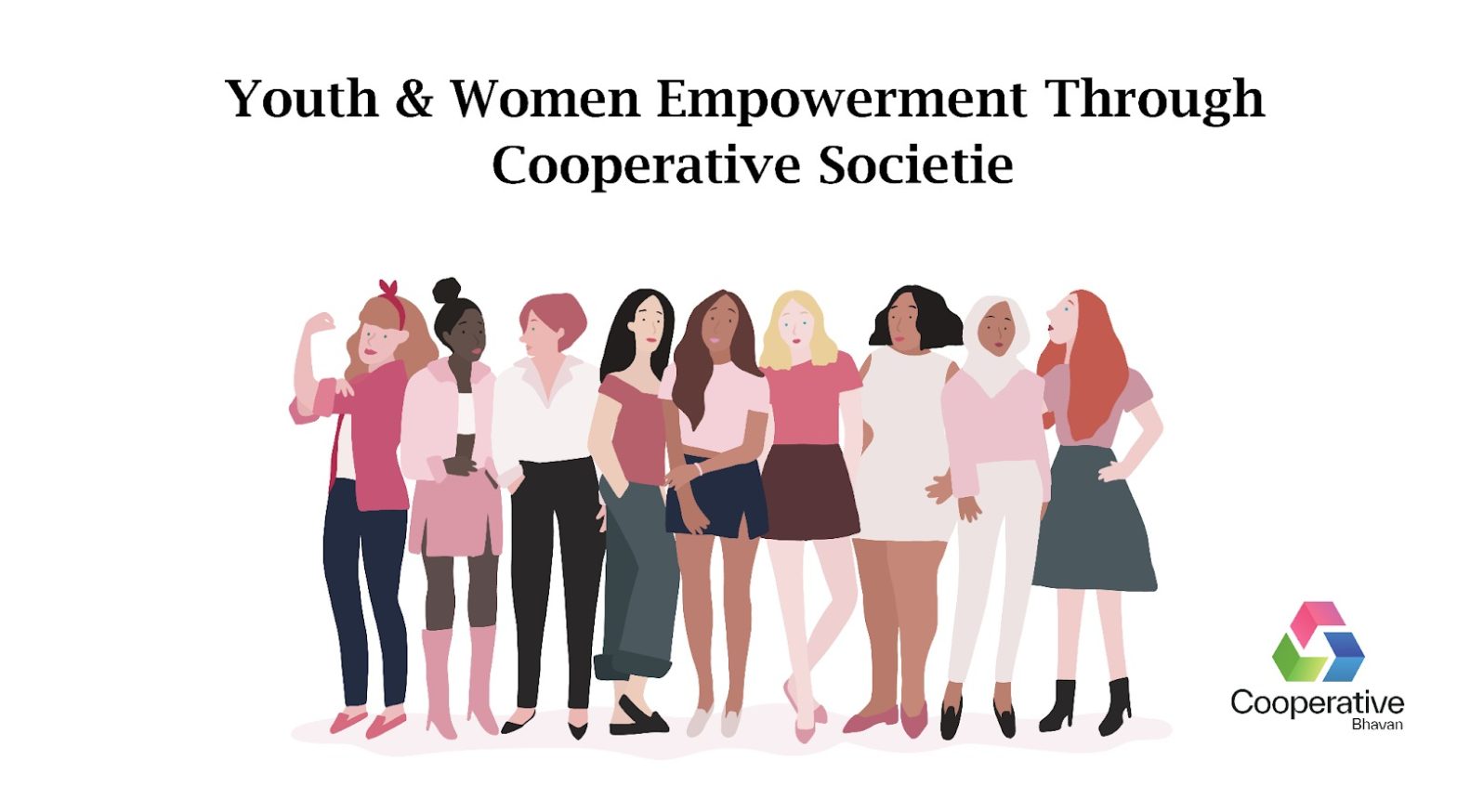

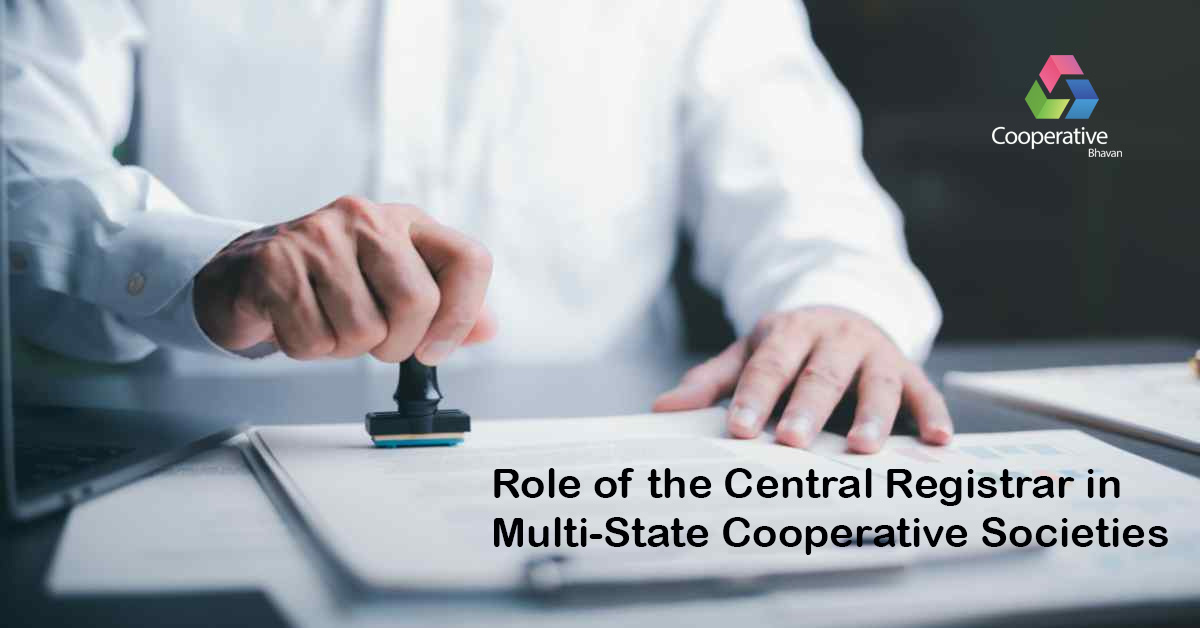

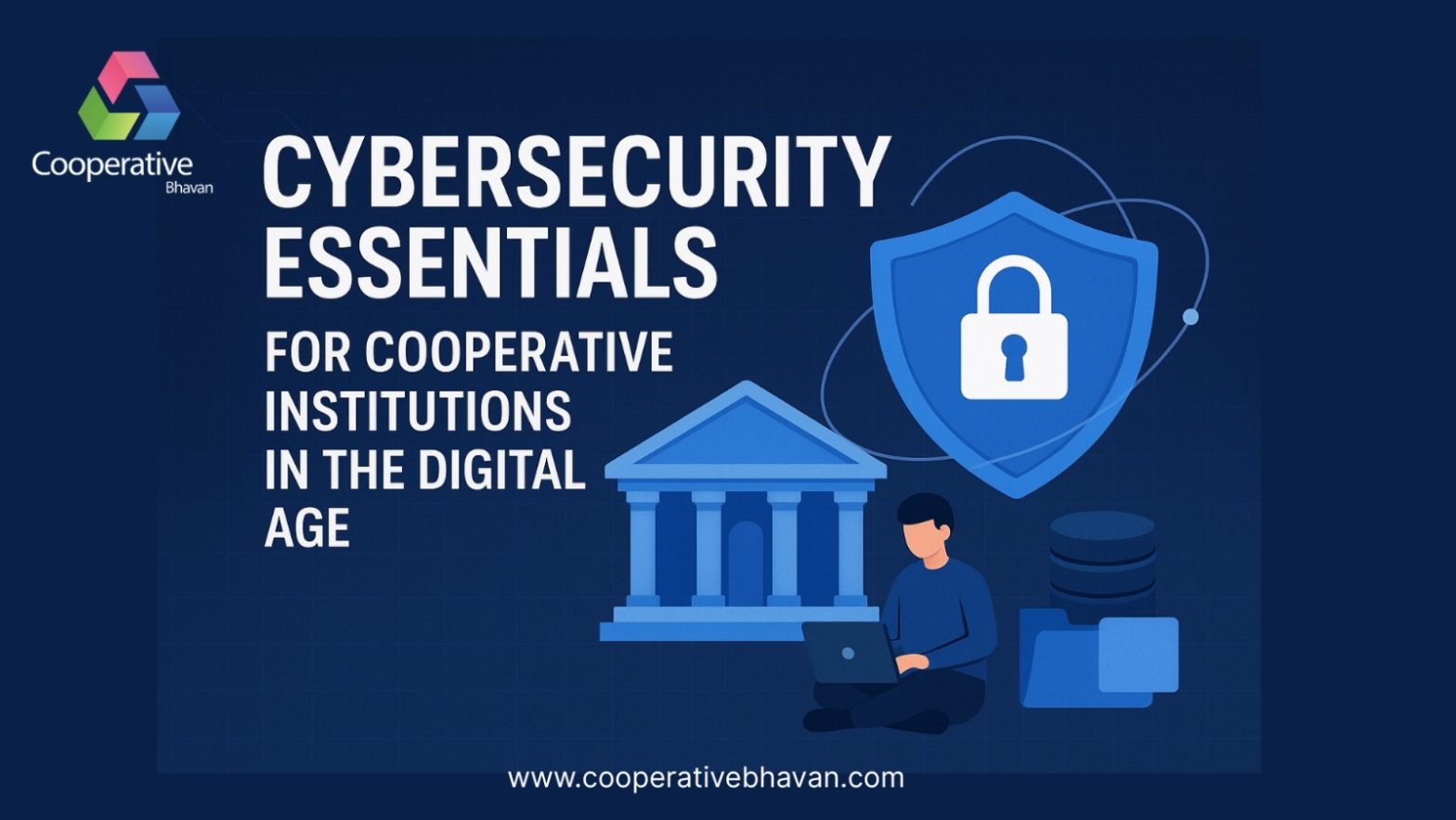


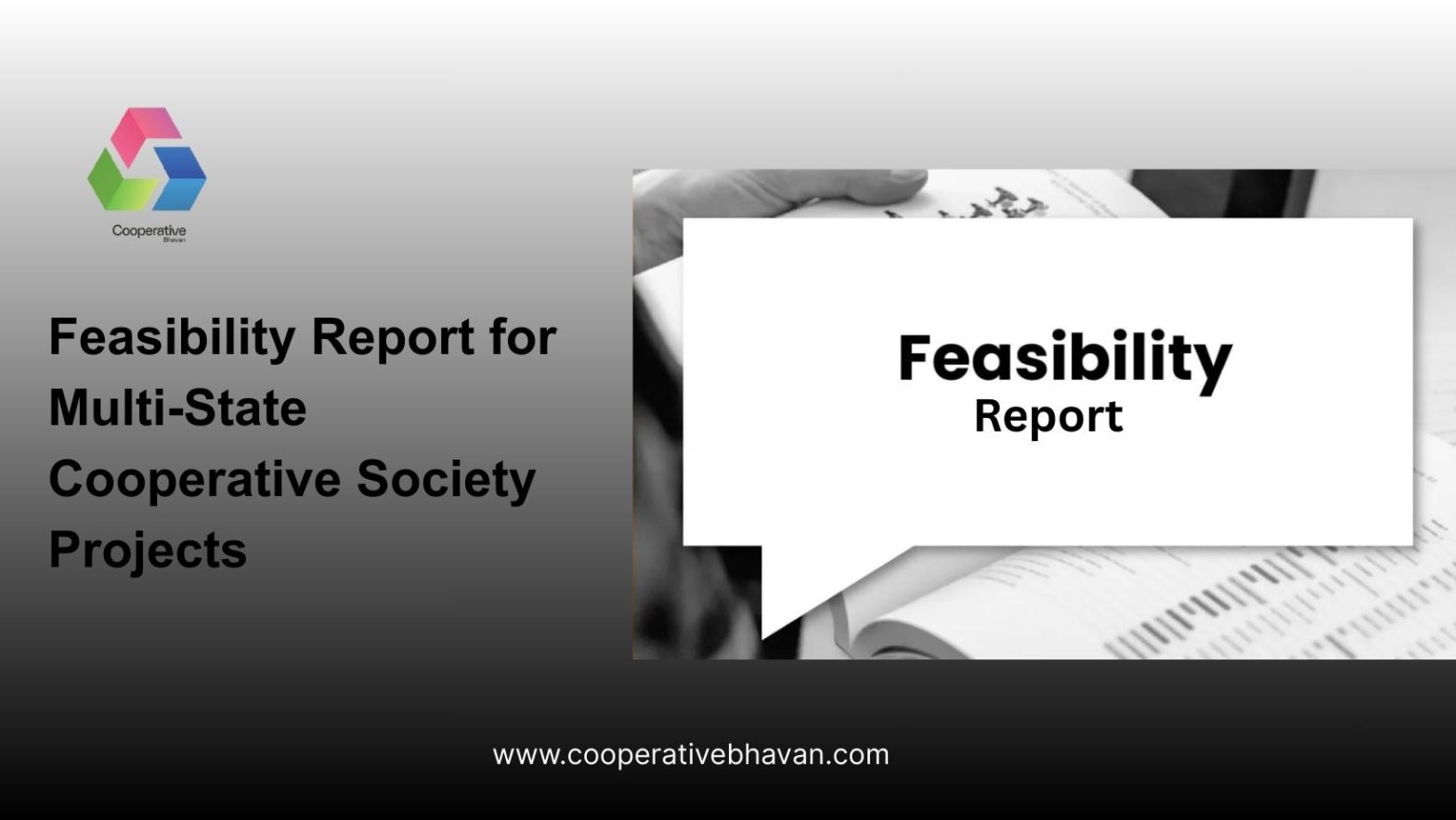
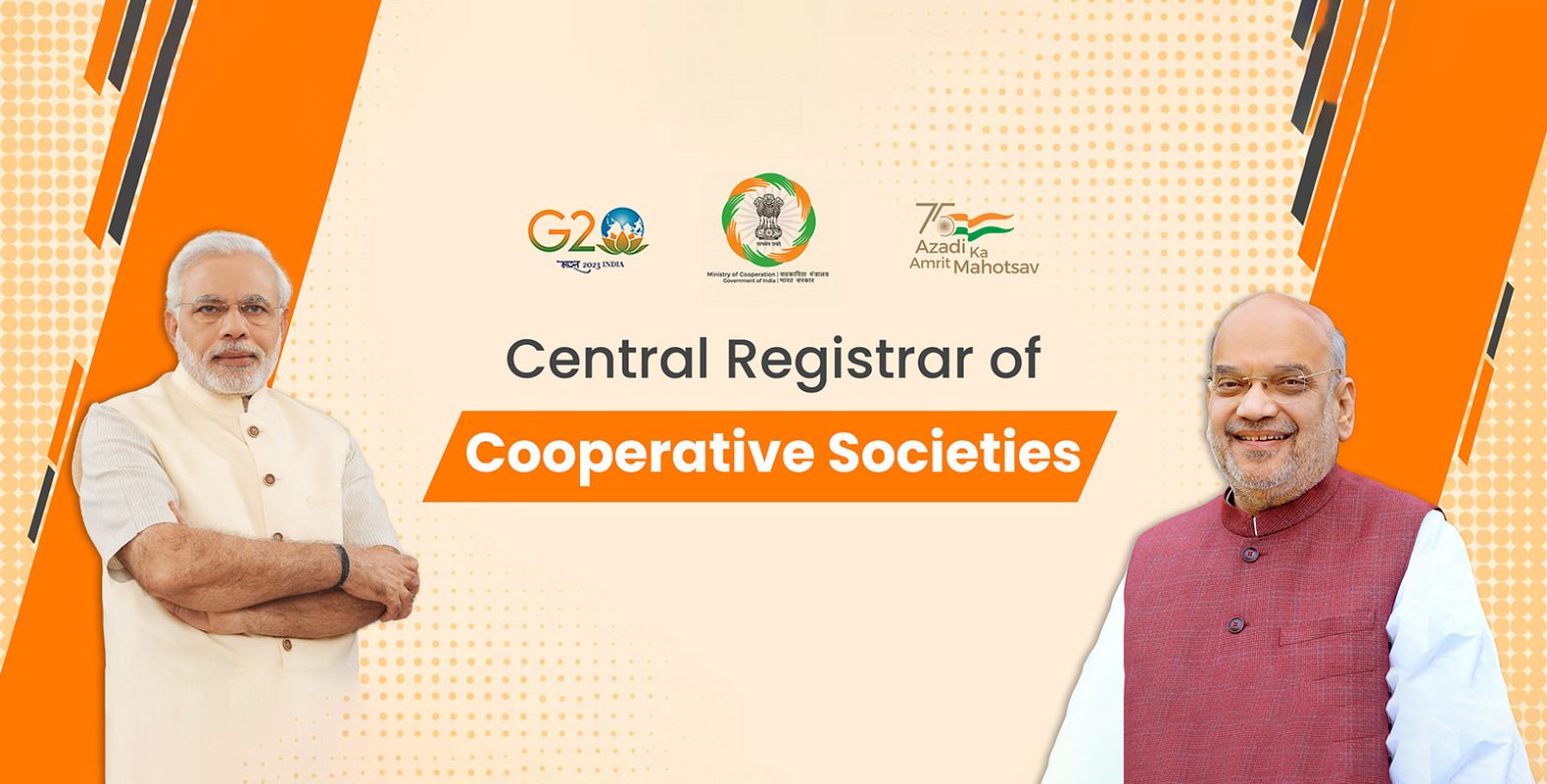



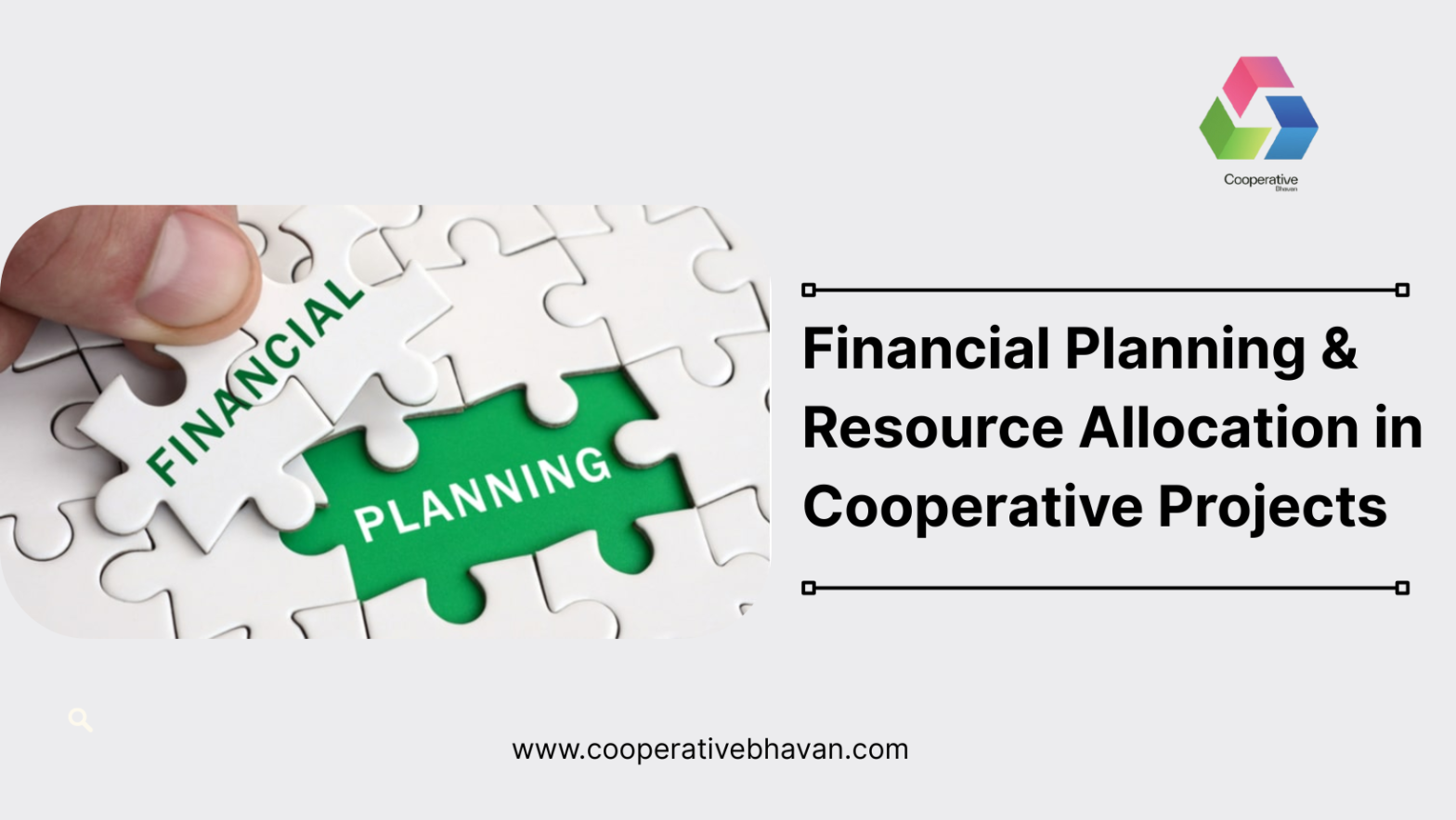
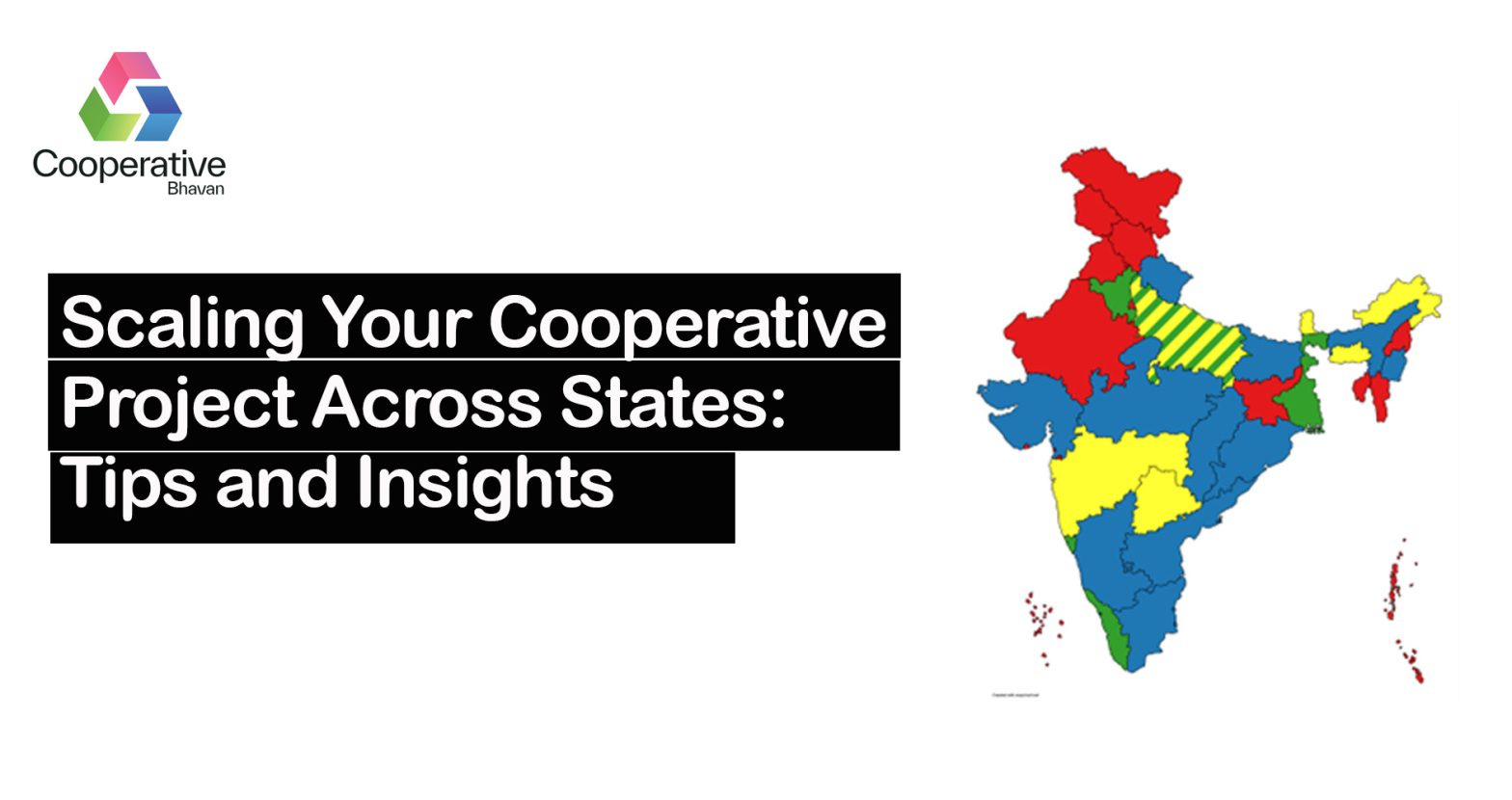
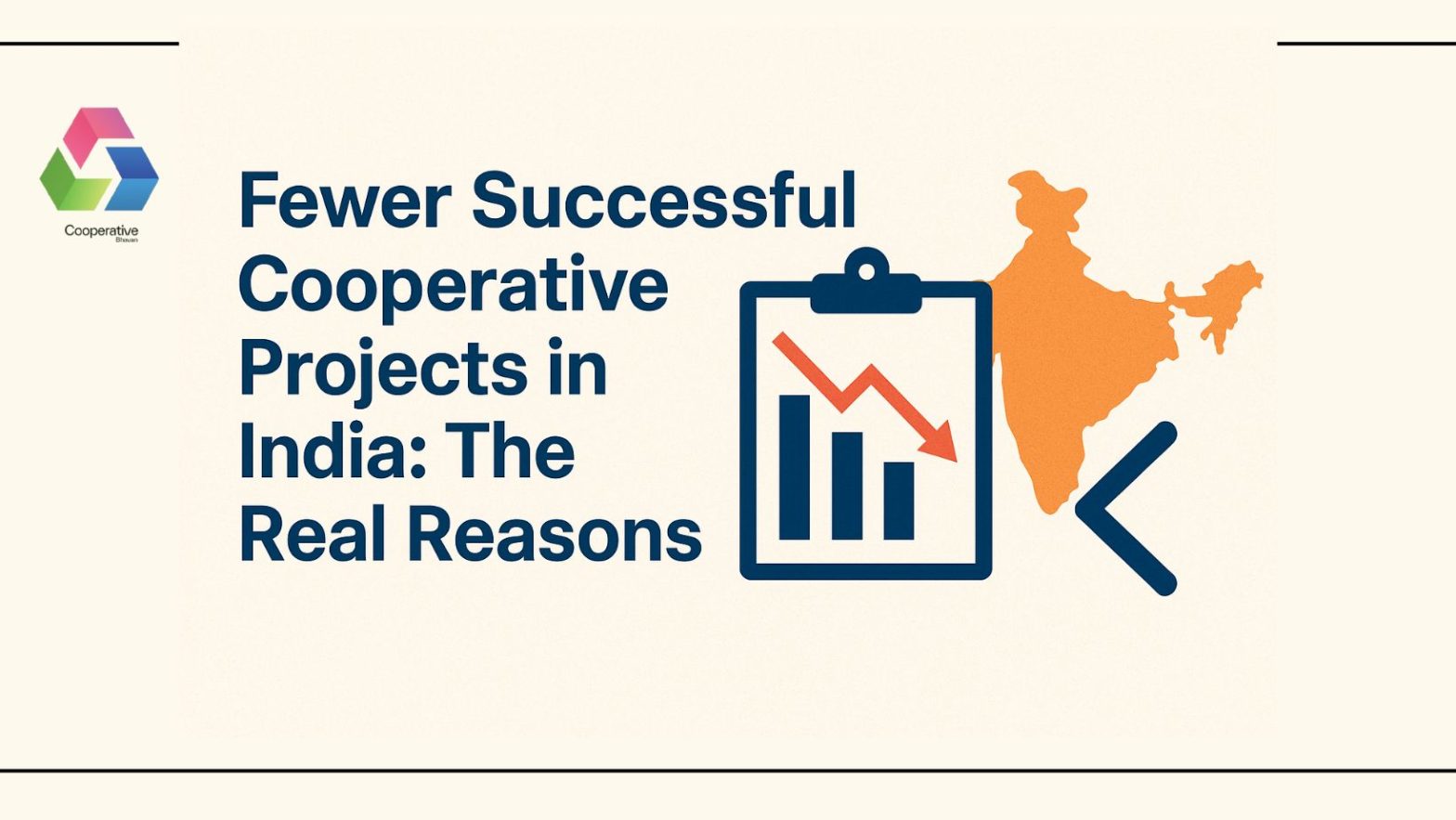


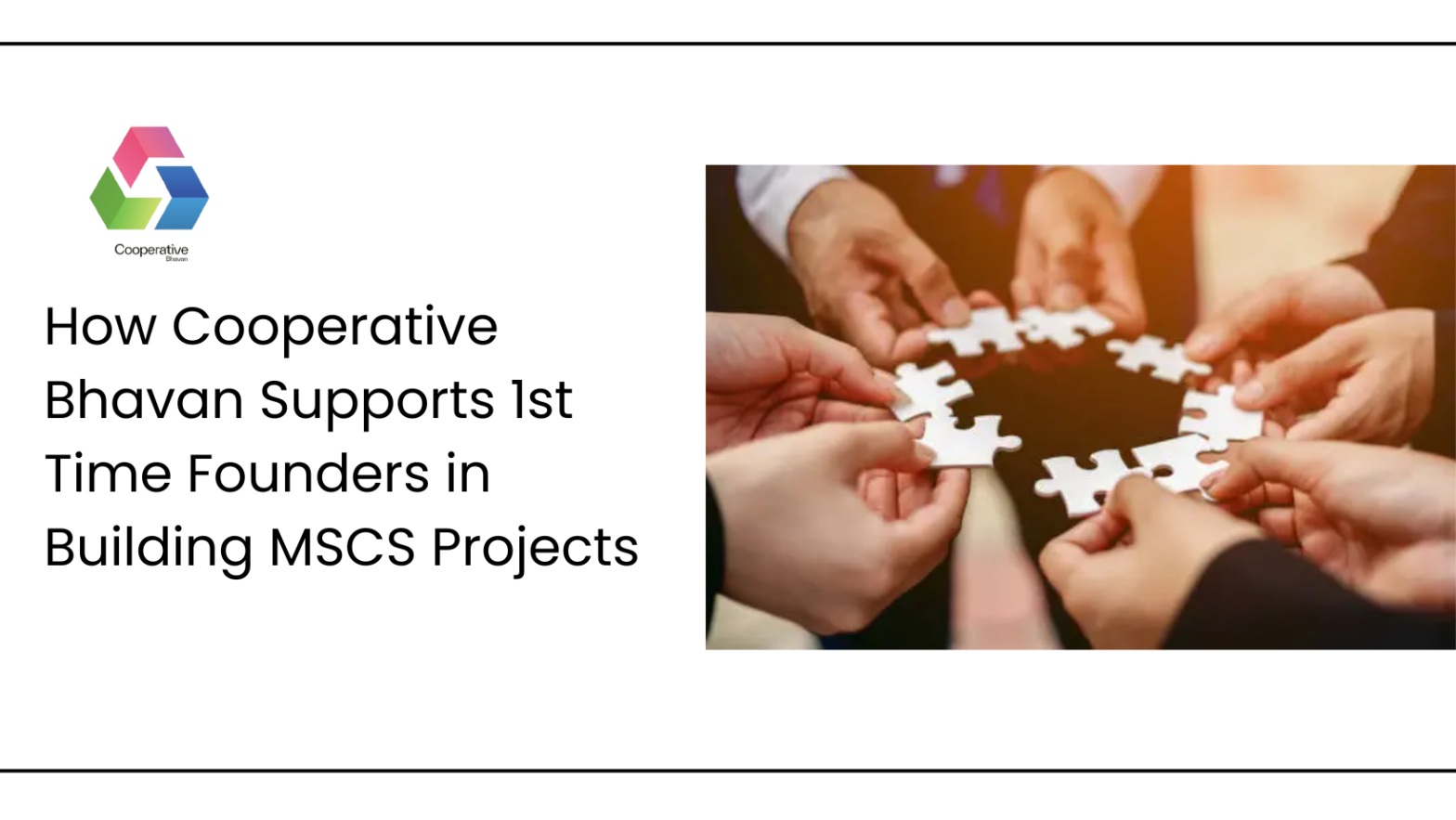

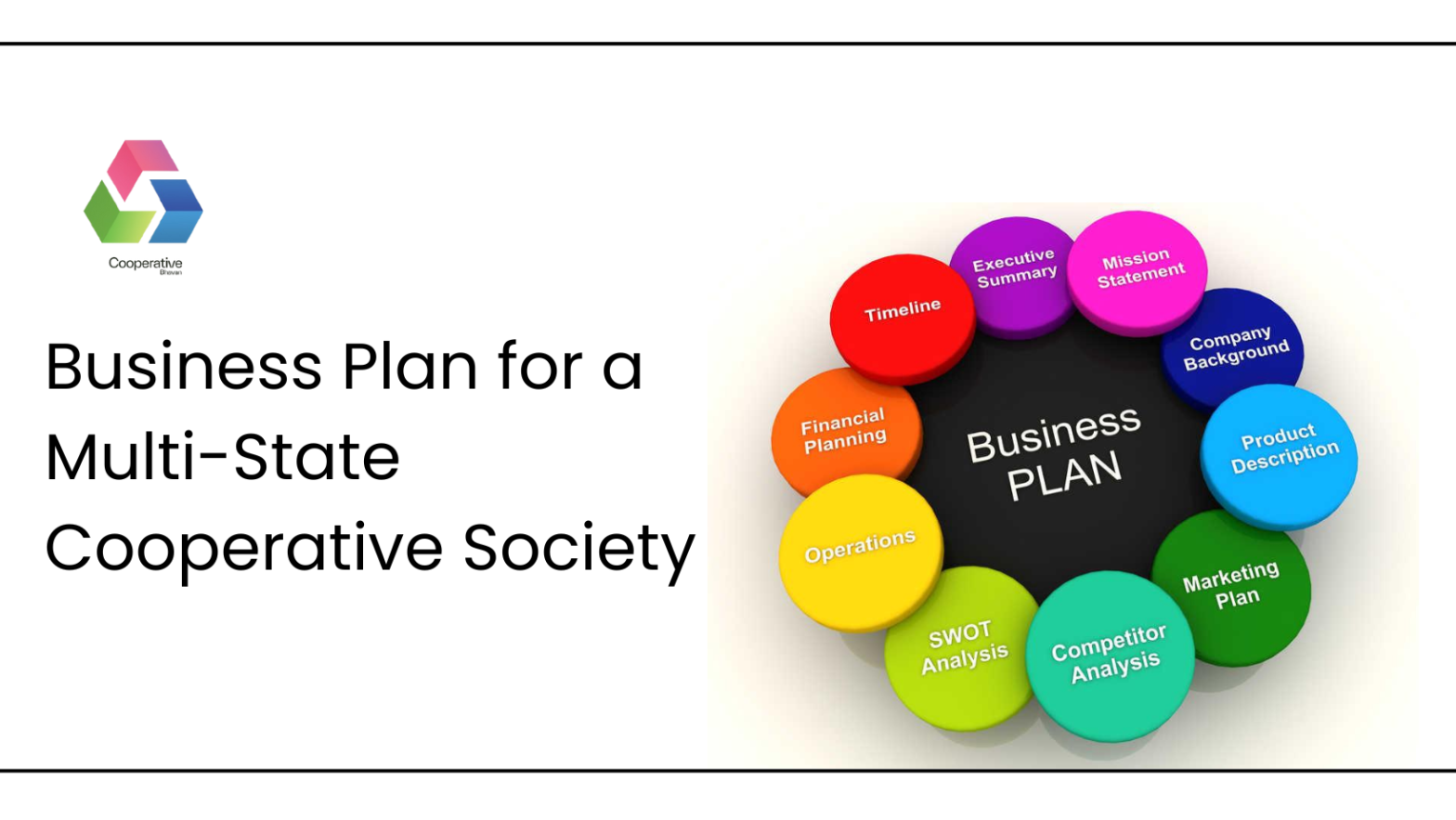



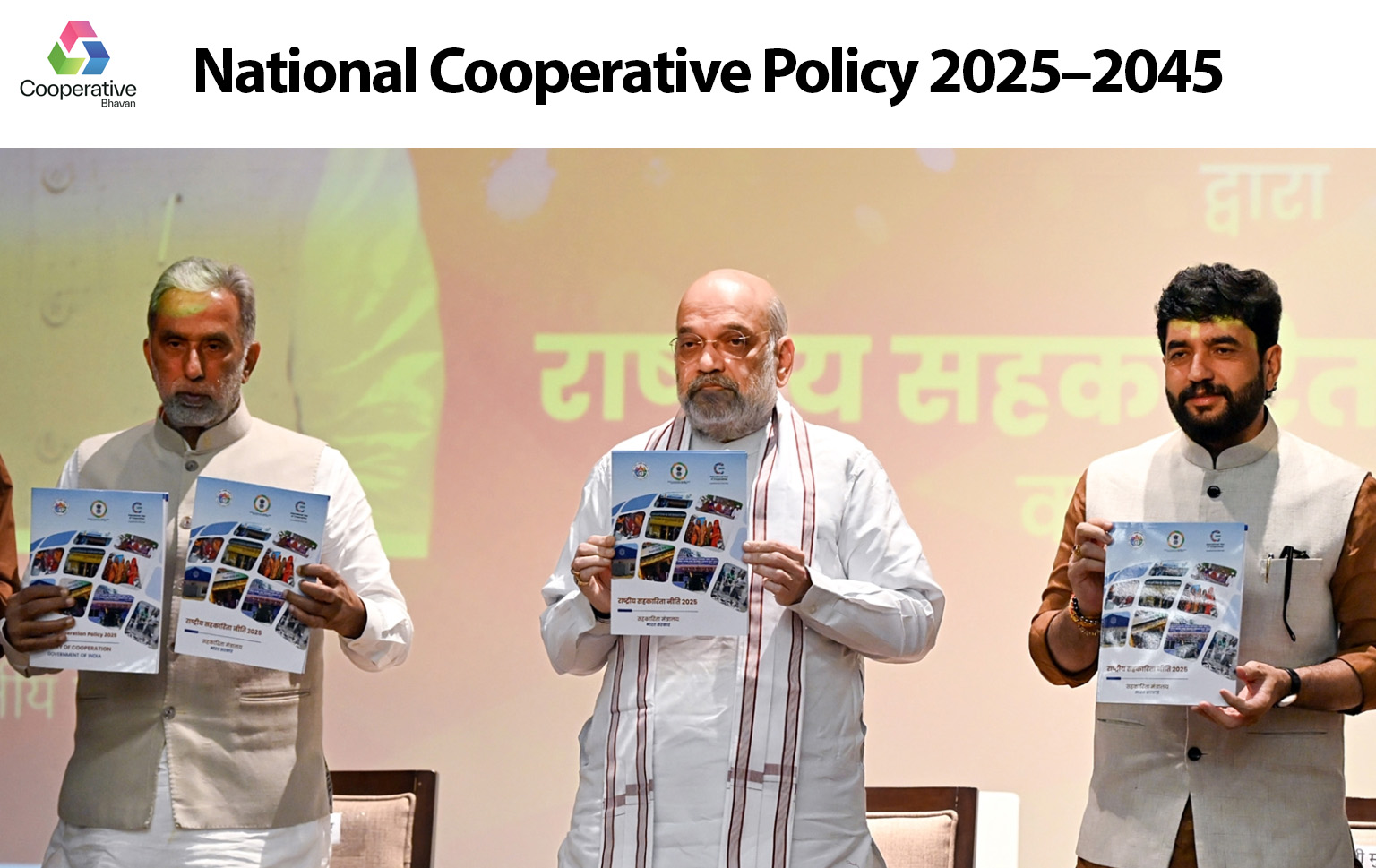

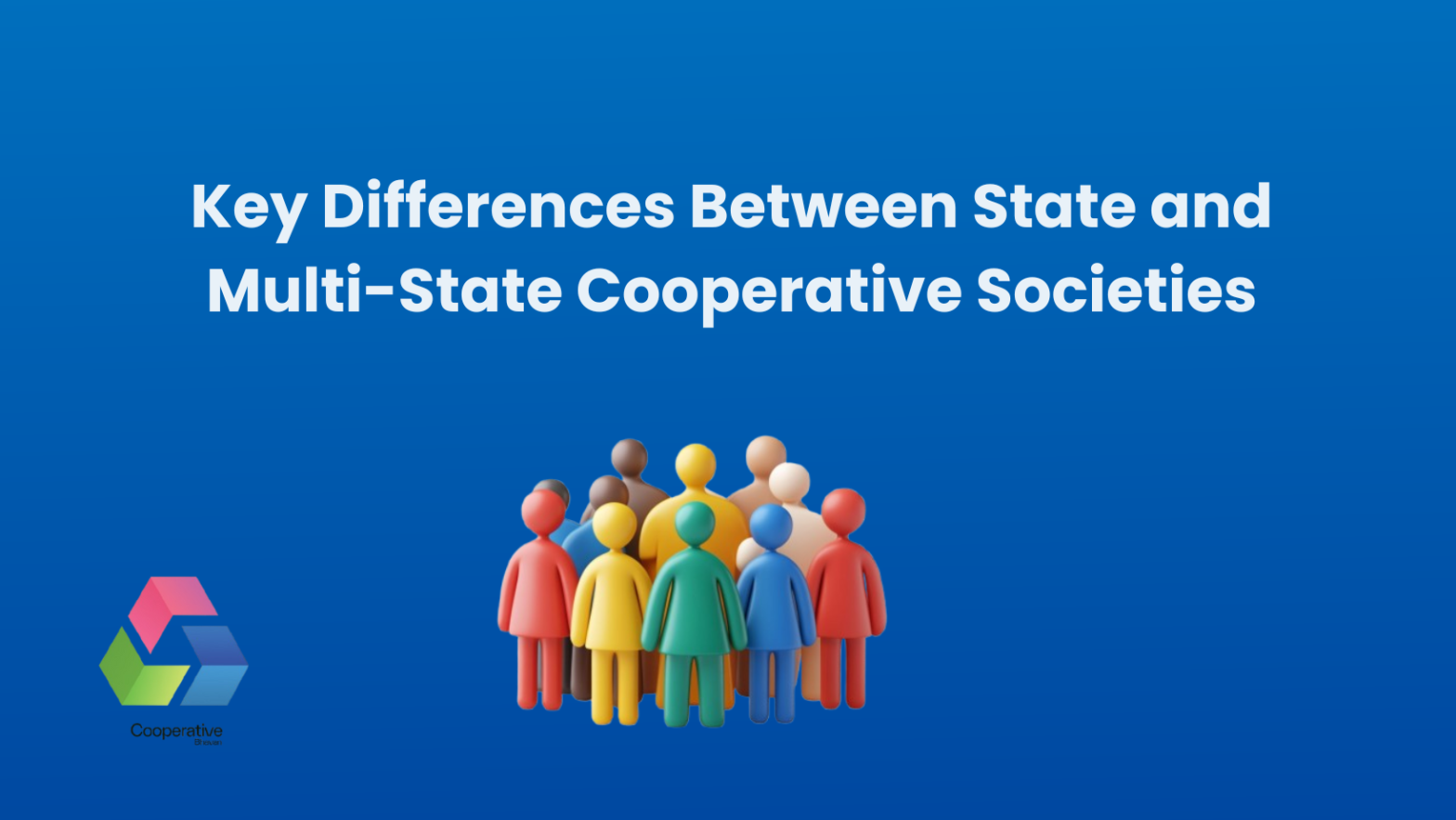
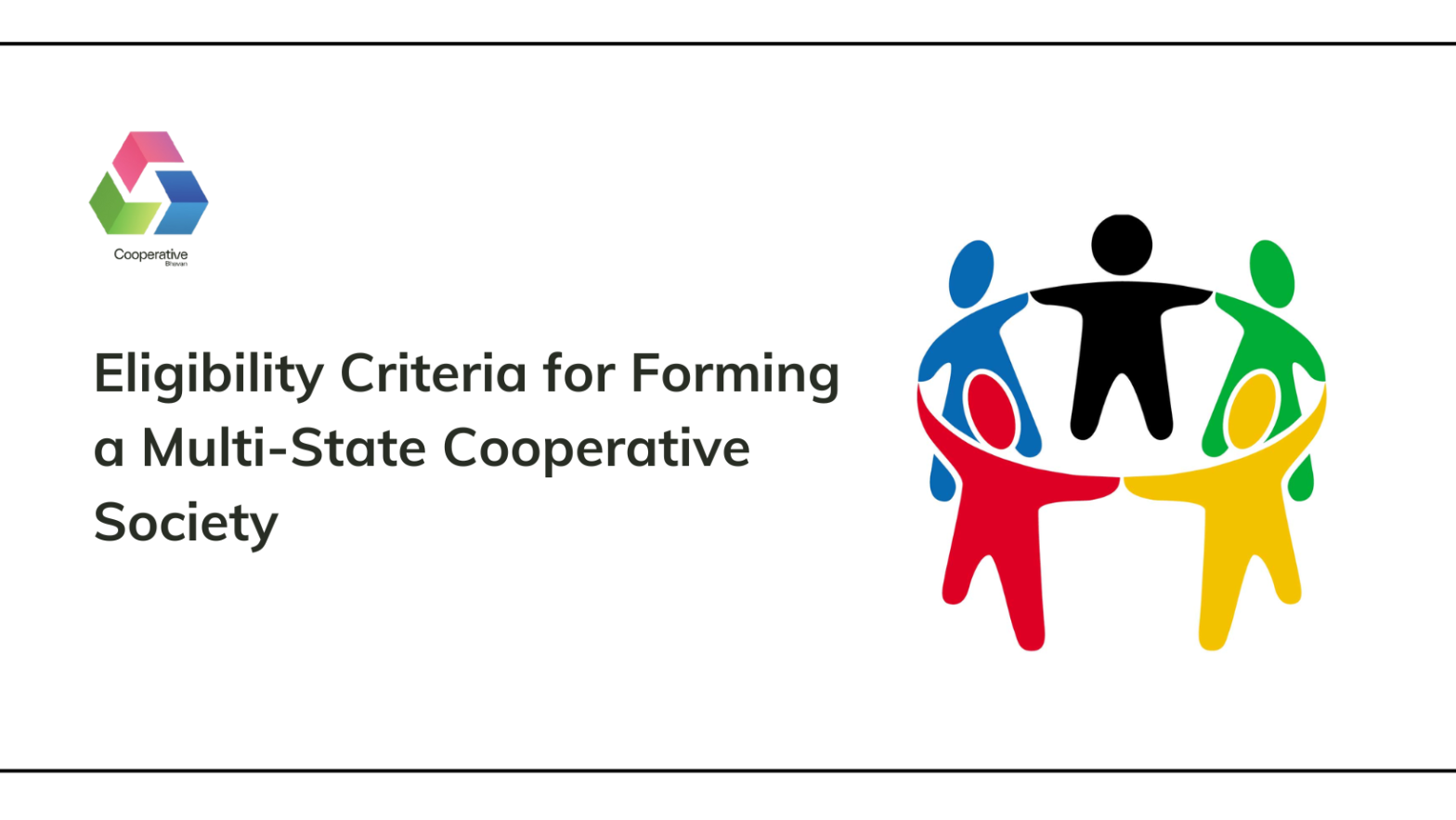
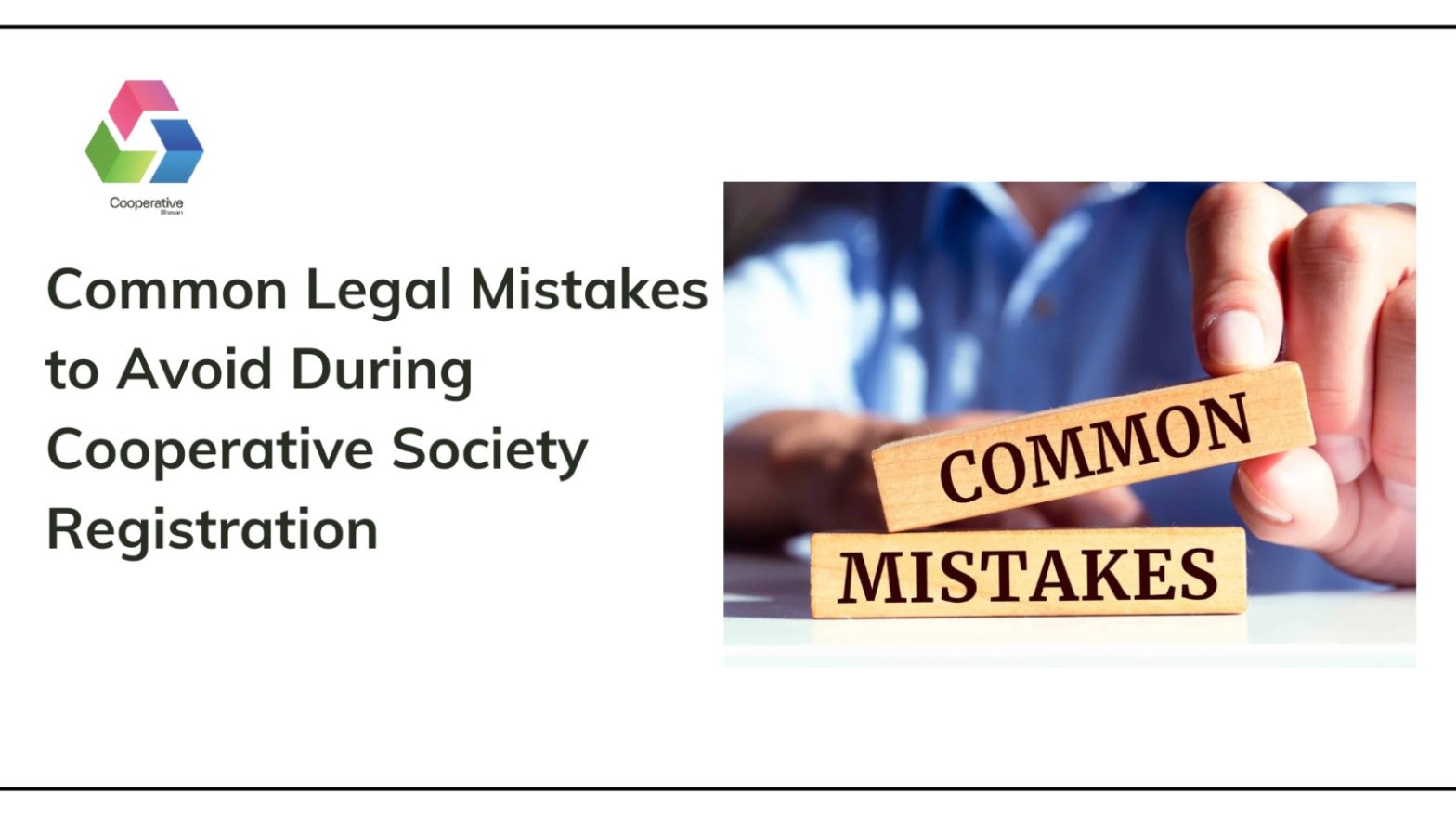






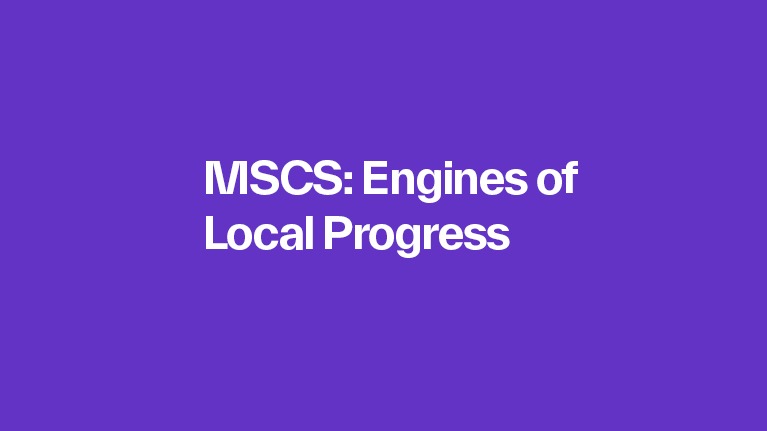




 Mail
Mail  Booking
Booking
 Call
Call